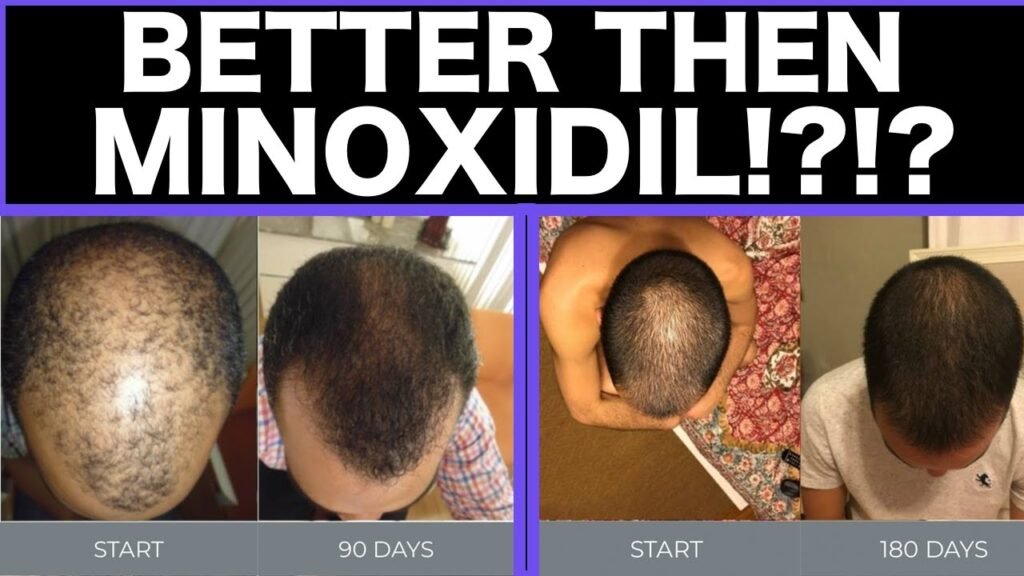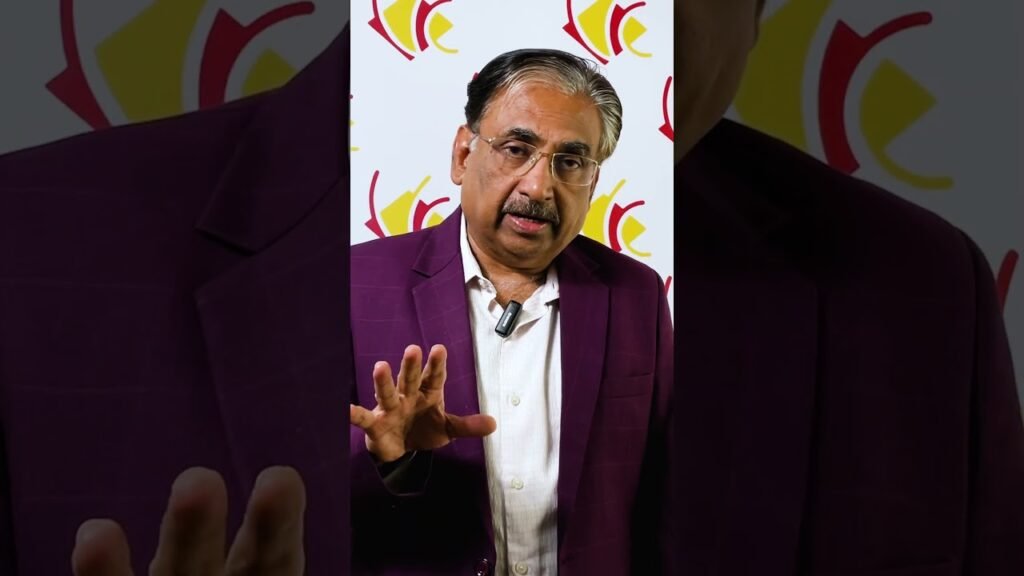Which is better: Minoxidil vs hair growth serum
When it comes to hair loss solutions, Minoxidil and various hair growth serums often stand out as popular options. Minoxidil is a well-known FDA-approved topical treatment for hair loss that has been extensively researched and is widely used to stimulate hair regrowth in individuals with androgenetic alopecia. On the other hand, hair growth serums encompass a broad range of products, each with unique formulations containing vitamins, essential oils, peptides, and botanical extracts aimed at nourishing the scalp and promoting healthier hair growth.
Effectiveness of Minoxidil
Minoxidil is renowned for its ability to enhance hair follicle size and stimulate the growth phase of hair follicles. Clinical studies have shown that Minoxidil can effectively increase hair density and thickness over time. Users often report noticeable improvements within a few months of consistent application. However, its important to note that Minoxidils efficacy can vary from person to person, and continuous use is typically necessary to maintain results. Potential side effects may include scalp irritation and unwanted facial hair growth, making it essential for users to follow application guidelines carefully.
Benefits of Hair Growth Serums
Hair growth serums offer a diverse range of ingredients designed to address different aspects of hair health. Many serums include natural ingredients such as biotin, caffeine, and saw palmetto, which are believed to support hair strength and prevent further hair loss. Unlike Minoxidil, hair growth serums are generally marketed as a gentler alternative, often without the risk of significant side effects. However, the effectiveness of these serums can be inconsistent, as their results largely depend on the specific formulation and individual hair care needs. For those looking for a more holistic approach to hair care, hair growth serums can be a viable option, though they may not provide the same level of proven efficacy as Minoxidil.


